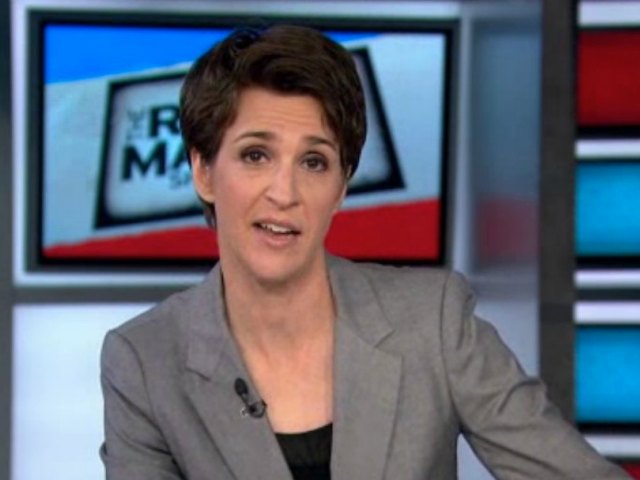Western cultural imperialism aimed at Africa–by everyone from Barack Obama to MSNBC host Rachel Maddow–has been blamed for the passage of what many see as the new draconian laws on homosexual behavior in Uganda.
Writing in the prestigious Foreign Policy magazine, Elizabeth Palchik Allen laments passage of the bill that was signed into law on February 24 by Ugandan President Yoweri Museveni. “It wasn’t supposed to end like this,” writes Allen.
She describes a five-year ordeal that the Ugandan and international gay movement felt confident they would win. Museveni, who is said to prioritize foreign approval, at first expressed skepticism about the bill. She writes that he framed his response to the domestic bill in light of foreign policy, which meant he wanted to please western and northern donor nations, or at least not anger them.
However, pressure from the west had the opposite of its intended effects, Allen writes:
[I]nternational action surrounding the bill seemed to have spawned an equal and opposite reaction: turning the legislation and its attendant homophobia into symbols of national self-determination — something that increasingly energized the populist bona fides of whichever politician or public figure happened to be championing the bill and its cause.
From the time the bill was first introduced in 2009, the bill became an international cause célèbre. Rachel Maddow of MSNBC featured the bill countless times on her show and dubbed it the “kill the gays” bill because an early version called for the death penalty for the deliberate spreading of HIV/AIDS, child rape, or evidence of repeated homosexual sex.
Maddow and other US media also took the opportunity to blame American evangelicals for the bill, pointing out that several had met over the years with Ugandan Parliamentarians on how to combat the international gay lobby.
As recently as February 16, President Obama said final passage of the bill would “complicate” relations between the two countries. This came after years of pressure from the US State Department, US-based human rights groups, and other foreign governments.
In 2011, British Prime Minister David Cameron threatened Uganda with the withdrawal of financial aid. Public criticism from Canadian Prime Minister John Baird drew this retort from Rebecca Kadaga, Speaker of the Ugandan Parliament: “If homosexuality is a value for the people of Canada, they should not seek to force Uganda to embrace it. We are not a colony or a protectorate of Canada.”
Allen reports that when Kadaga returned from this exchange in Canada she was greeted by “hundreds” of supporters at Uganda’s main airport.
Even John Nagenda, an adviser to Museveni and an opponent of the bill, rejected such outside pressure: “…this kind of ex-colonial mentality of saying ‘You do this or I withdraw my aid,’ will definitely make people extremely uncomforatable with being treated like children.”
When the Ugandan president signed the bill, journalist Andrew Mwenda posted on Facebook, “To prove his sovereignty, Museveni had to sign the Anti-Homosexuality bill into a law.”
Museveni’s spokesman said, “the president wants to sign it with the full witness of the international media to demonstrate Uganda’s independence in the face of Western pressure and provocation.”
After it signed the bill into law, pressure on Uganda has intensified. The Netherlands, Denmark, and Norway have already said they would withhold $26 million in aid. The head of the World Bank published a column in the Washington Post this week saying the Bank would withhold a $90 million grant for the time being.
The money being withheld from Uganda would have gone in part to basic health care and maternal health care. Ugandan gay rights activists do not want the needy of Uganda to blame their issue for such cuts, which would precipitate even further backlash.
ob
Ugandan antipathy toward homosexuality predates the current crisis by at least 150 years. The Catholic Church, along with the Lutherans and the Anglicans, celebrates the martyrdom of Charles Lwanga and his 21 companions who were murdered by Mwanga II, the King of Buganda, now modern-day Uganda, for resisting his sexual advances. The Catholic Church considers Lwanga a Saint and celebrates his Feast Day on June 3.

COMMENTS
Please let us know if you're having issues with commenting.